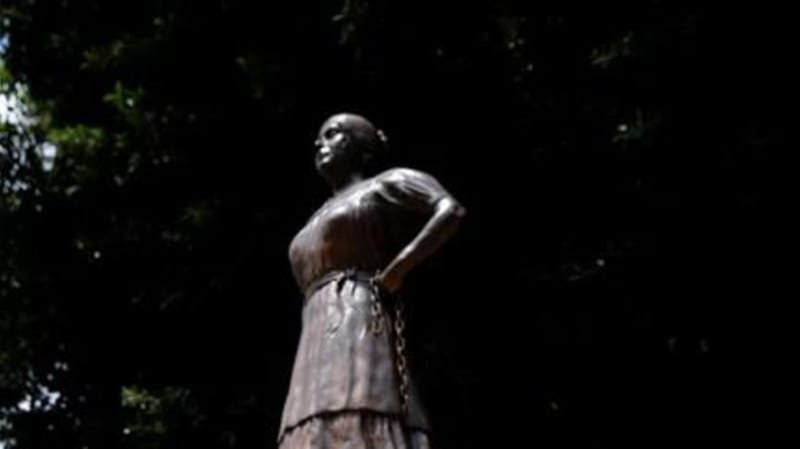
Mexico honours a defiant woman on independence anniversary
MEXICO CITY — Leona Vicario defied convention.
A financier and intelligence gatherer for Mexico’s independence struggle two centuries ago, she broke gender barriers and publicly refuted an allegation that she made sacrifices for her country to win the man she loved.
As Mexico marks its independence holiday on Wednesday, the anniversary of revolutionary leader Miguel Hidalgo’s 1810 call for freedom from Spanish colonizers, some academics and activists think Mexico has yet to fully embrace Vicario and her forward-thinking positions on equality.
She didn’t command rebel armies or die by execution like Hidalgo and successor José María Morelos. But Vicario challenged not just foreign rule, but also a society that deemed women unworthy of public roles.
